Society and Religion
Explore Gallup's research.
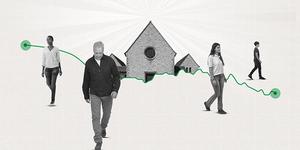
Less than half of Americans continue to say religion is very important in their lives, while more say they have no religious affiliation.

Most Americans still celebrate Christmas, but fewer observe it religiously, while secular customs remain highly popular.
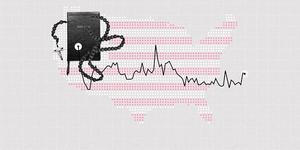
Thirty-four percent of Americans say religion is increasing its influence on American life, up from 20% a year ago.
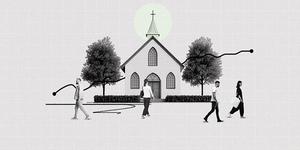
More than one in five U.S. adults have no religious preference, while close to seven in 10 are Christian, primarily Protestant (45%) or Catholic (21%).
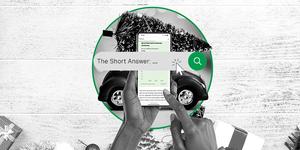
Ninety percent of Americans in December 2024 report celebrating Christmas, with 58% saying it's a strongly or somewhat religious holiday for them.

A majority of Americans believe God played at least some role in humans' origin, but a majority also believe humans evolved from less advanced forms of life.
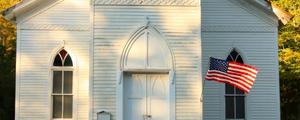
Protestants and highly religious Americans, traditionally Israel's most sympathetic supporters, are shrinking in size.
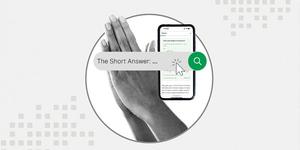
Most Americans have a religious preference -- predominantly a Christian one -- but less than half say religion is "very important" to them.
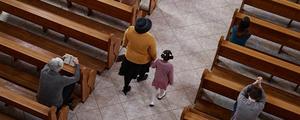
Three in 10 Americans, but 67% of Mormons, attend church regularly. Most religious groups show declines in attendance over the past two decades.
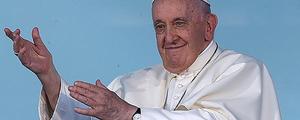
The pope is viewed in a largely favorable light by Americans -- though less so among conservatives.
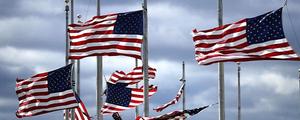
Americans' lessened confidence in society's institutions and norms may affect society's ability to deal with crucial external and internal threats.
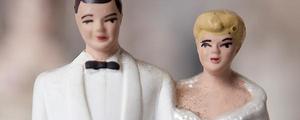
Despite declining fertility and marriage rates, Americans want to have children and to be married.

Although the U.S. birth rate remains relatively low, Americans increasingly believe having three or more children is ideal.

Slightly less than half of U.S. adults describe themselves as religious, while 33% say they are spiritual but not religious and 18% are neither.

Recent Gallup data confirm a significant and growing relationship between religiosity and partisan identity in the U.S.

Americans' belief in five religious entities -- God, angels, heaven, hell and the devil -- have all edged down since 2016, continuing a longer-term trend.
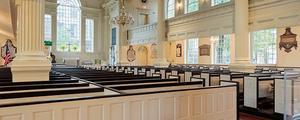
Americans' church attendance levels dipped at the beginning of the pandemic and have remained lower since then.
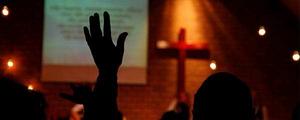
Survey researchers face the difficult challenge of meaningfully defining and measuring evangelicals in the U.S. today.
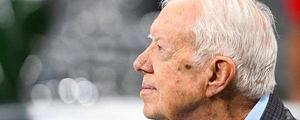
Former U.S. President Jimmy Carter has been identified as an evangelical for most of his public career, but defining exactly what that means today faces a number of challenges.
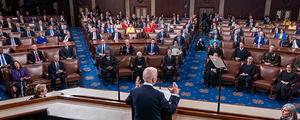
Whether reflecting the remnants of the pandemic or the difficulty of inflation, Americans remain sour about the state of the union.